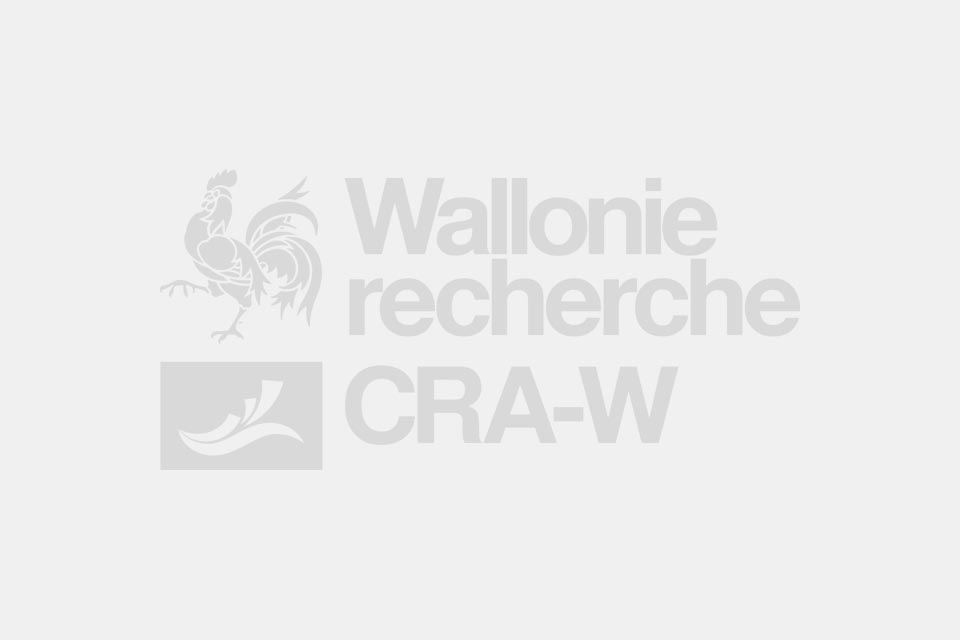Context
To guarantee an optimal quality of the product on a longer period is a priority action plan for the future of Wallonia. In order to face this economic stake, industrials and scientists with the help of the Walloon Region decided to work on the extension of the life of food through the control of the mechanisms leading to their adulteration. The organoleptic, techno-functional and microbiologic qualities must be improved ensuring an adequate and optimized conservation method (packaging and process).Objectives
The aim of the project is the comprehension of the mechanisms leading to the adulteration of food in order to bring more specific knowledge to the producers on how to prepare and preserve new products. The follow-up of these mechanisms will permit the improvement and/or the development of methodological tools and the validation of the production process. The final objective will be to improve competitivity offering the market products with a longer lifetime and whose adulteration parameters will be under control. The studies concern 3 groups of food:
· The refrigerated products of vegetal or animal origin, simple or complex.
· The regional products like fermented beverages (beers and malts).
· The live products like lactic ferments and yeast
Expected results
The researches made within the framework of this project aim to improve the food composition, to determine scheme processes and to improve the packaging. The aim is to adapt the conservation methods of food to the food conservation requirements and to determine the conservation conditions that can be adapted to the industrial infrastructures. Control and extension of the life conservation of a product will be implemented through the elaboration of control concepts for the industrial production, the supply of technological requirements and the validation of methodological tools.Contribution
The CRA-W has a well-known expertise on a national and international level in the development and application of rapid non-destructive analytical techniques and applicable during on-line controls. It will coordinate measures made on the food model matrix concerned by the trials of this project.The selected methods will be based on NIR and MIR spectroscopy as well as Raman spectroscopy. The results will allow to determine the compositional and physico-chemical modifications in relation with the state of the product.The researches of the CRA-W will contribute to the comprehension of the mechanisms leading to the adulteration of food.Partners
RW/LUTOSA
DETRY BELOURTHE
BELDEM
ARTECHNO - THT-Research
Brasserie DUPONT
Brasserie du VAL-DIEU
Brasserie DUBUISSON
Malterie du CHATEAU MILIONI
Brasserie LEFEBVRE
FUSAGx - Faculté Universitaire des Sciences Agronomiques de Gembloux
UCL - Université catholique de Louvain
ULg - Université de Liège
CELABOR - Département Emballage et Agro-Alimentaire
CRA-W - Centre Wallon de Recherches Agronomiques
Funding
- Marshall Plan of the Walloon Region

-Reduit_xl.jpg)








